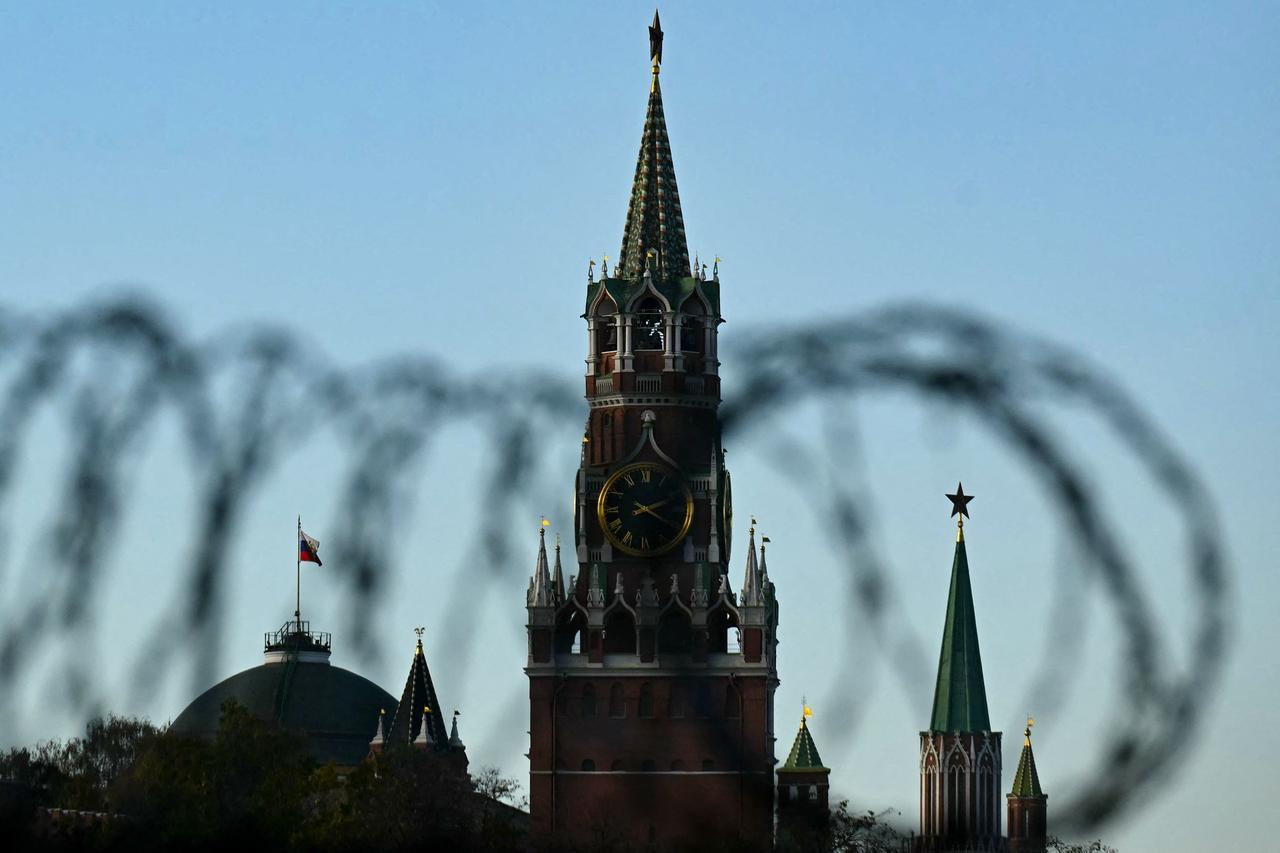
Kremlin spokesman Dmitry Peskov said important agreements were reached during Russia-Ukraine negotiations in Istanbul and emphasized that work continues, while cautioning against expectations for immediate breakthroughs.
"It would be wrong to expect some quick decisions or breakthroughs. At the same time, important agreements were reached, and work continues. These agreements will be implemented," Peskov told journalists in Moscow when asked about the Russia-Ukraine talks held in Istanbul on Monday.
The Kremlin spokesman also noted that Russian President Vladimir Putin has no scheduled phone conversation with President Recep Tayyip Erdogan following the Istanbul peace negotiations, but contact can be quickly organized if necessary, he said.
"Just like with Trump, if necessary. If necessary, they call each other quickly. For now, the president does not have such a conversation in his schedule for the coming days," Peskov told journalists when asked by RIA Novosti whether Putin plans telephone contacts with the Turkish president.
Istanbul hosted the second round of Russia-Ukraine talks on Monday, after the first one on May 16.
This time, the two sides agreed to exchange more prisoners of war, focusing on the youngest and most severely wounded, and return the bodies of 12,000 soldiers that have been killed in the armed conflict.
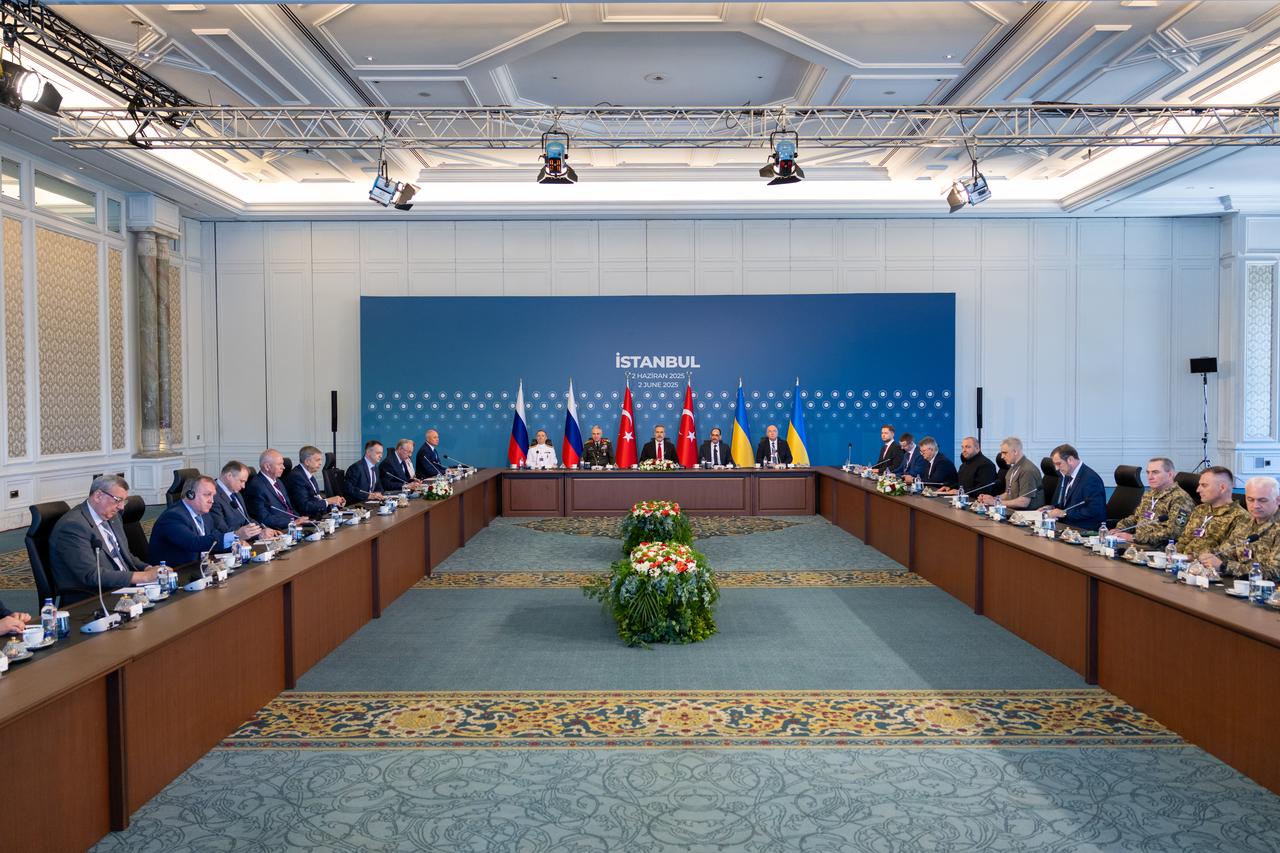
Kremlin spokesman Peskov emphasized that while it would be wrong to expect quick decisions from the Istanbul negotiations, significant progress was made.
"It would be wrong to expect some quick decisions or breakthroughs. At the same time, important agreements were reached, and work continues.
These agreements will be implemented," Peskov told journalists in Moscow when asked about the Russia-Ukraine talks held in Istanbul on Monday.
Commenting on the memorandum Russia presented to Ukraine, Peskov explained, "It contains many provisions summarizing numerous solution options. Everything aims to get rid of the root causes of the conflict and put it on a sustainable solution path."
The Kremlin spokesman indicated that the document represents a comprehensive approach to addressing fundamental issues underlying the conflict rather than temporary measures.
Russia presented Ukraine with a detailed memorandum outlining two potential ceasefire frameworks, according to documents published by Russian state media.
The first option requires Ukraine to completely withdraw its forces from the Donetsk, Luhansk, Zaporizhzhia, and Kherson regions, with a 30-day ceasefire beginning once withdrawal starts.
The second "package proposal" includes an immediate ban on Ukrainian mobilization, the start of demobilization, an end to all foreign military aid and intelligence sharing, and requirements for Ukraine to hold presidential and parliamentary elections within 100 days of lifting martial law.
The Russian memorandum's "Final Solution Parameters" section includes
When asked about the possibility of a meeting between Putin, US President Donald Trump, and Ukrainian President Volodymyr Zelenskyy in the near future, Peskov said, "Obviously, it's not very likely in the near future. Putin emphasizes that he is ready for contacts at the highest level, but contacts should be a result of agreements made at the technical level".
This suggests that substantial progress in negotiations would need to occur before any summit-level meeting could be arranged.
When asked about potential Russian concessions regarding Ukraine, Peskov said these matters are "subject to negotiations and cannot be disclosed to the public," emphasizing the confidential nature of the negotiating process.
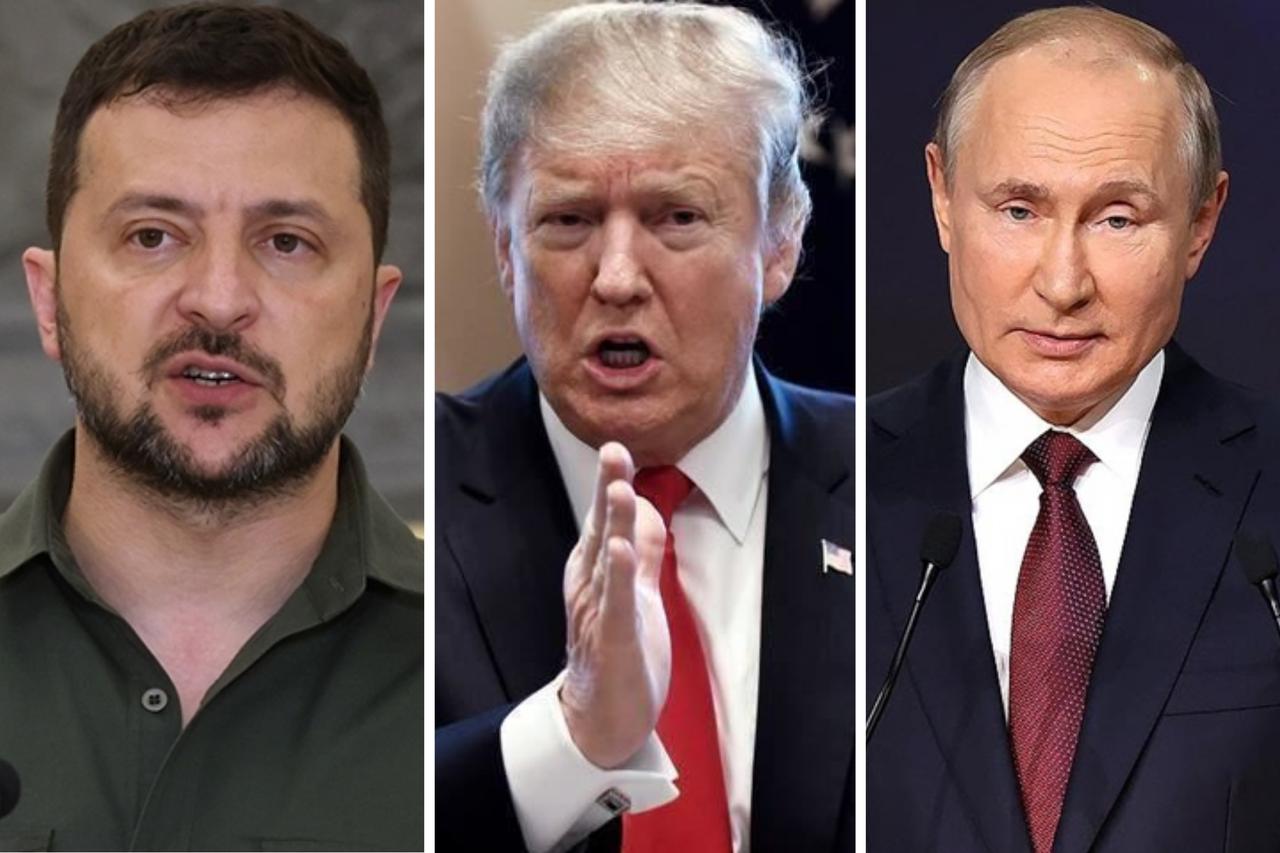
The Kremlin spokesman described Ukrainian President Zelenskyy's statements following Tuesday's negotiations as "unfortunate," saying, "These statements are not in the spirit of negotiations."
Peskov's criticism suggests Moscow was dissatisfied with Zelenskyy's public characterization of the talks or positions taken afterward, though he did not specify which statements prompted the criticism.
Peskov also addressed Ukrainian drone attacks on Russian military bases on June 1, stating that "Russian President Vladimir Putin received real-time briefings on the attacks."
This indicates the Kremlin's close monitoring of military developments even as diplomatic talks proceed.
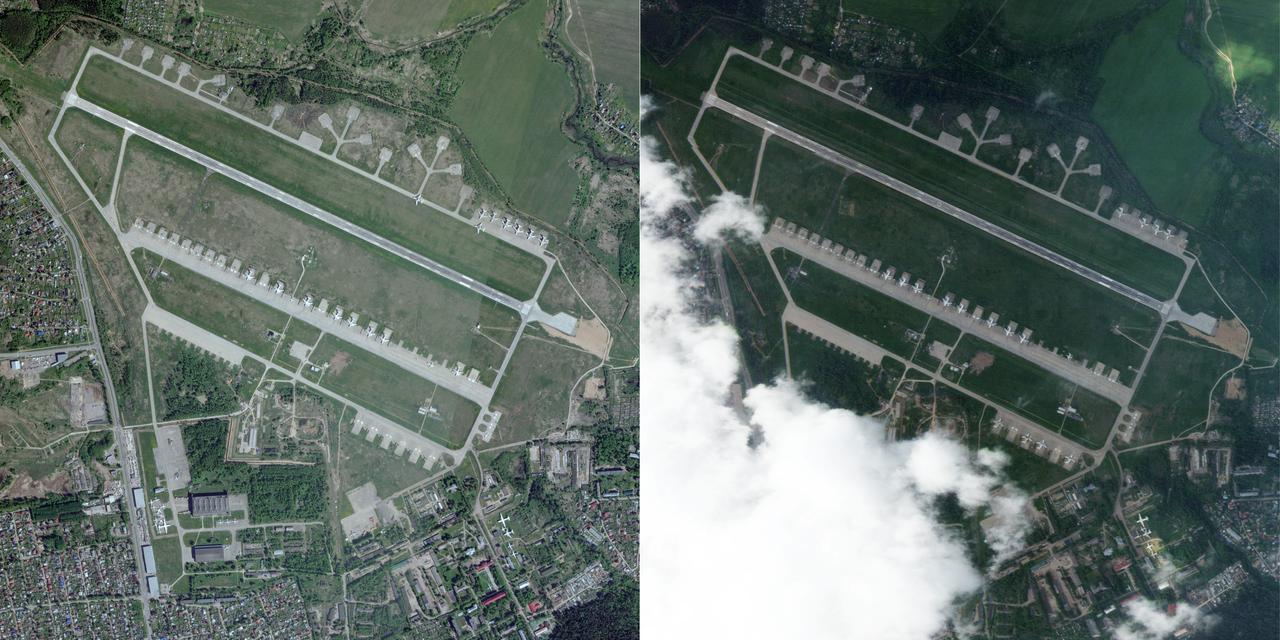
The second round of resumed direct Russia-Ukraine negotiations took place in Istanbul on June 2, lasting just over an hour, with delegations communicating in Russian. The sides exchanged documents outlining their vision for conflict resolution aspects.
Russia agreed to unilaterally transfer 6,000 bodies of dead Ukrainian servicemen. Additionally, Russia and Ukraine agreed to exchange seriously ill and young prisoners (under 25 years old) in an "all for all" format, with at least 1,000 people from each side.
Russia made a concrete proposal for a 2-3 day ceasefire on separate sections of the front. Ukraine provided Moscow with a list of 339 children who lost contact with their parents.
Ukrainian Defense Minister Rustem Umerov confirmed the agreement, stating, "We are considering seriously wounded and sick prisoners of war. The second category is young soldiers aged 18-25. Everyone for everyone is our goal here. In this framework, 6,000 soldiers will also be returned."
Ukrainian Foreign Ministry spokesman George Tykhyi described it as the most significant result of the talks: "The delegations agreed on everyone for everyone, certain categories of prisoners of war. These are very seriously wounded and seriously ill prisoners of war. At the same time, the 18-25 age group—young soldiers—these people should be at home, not in captivity."
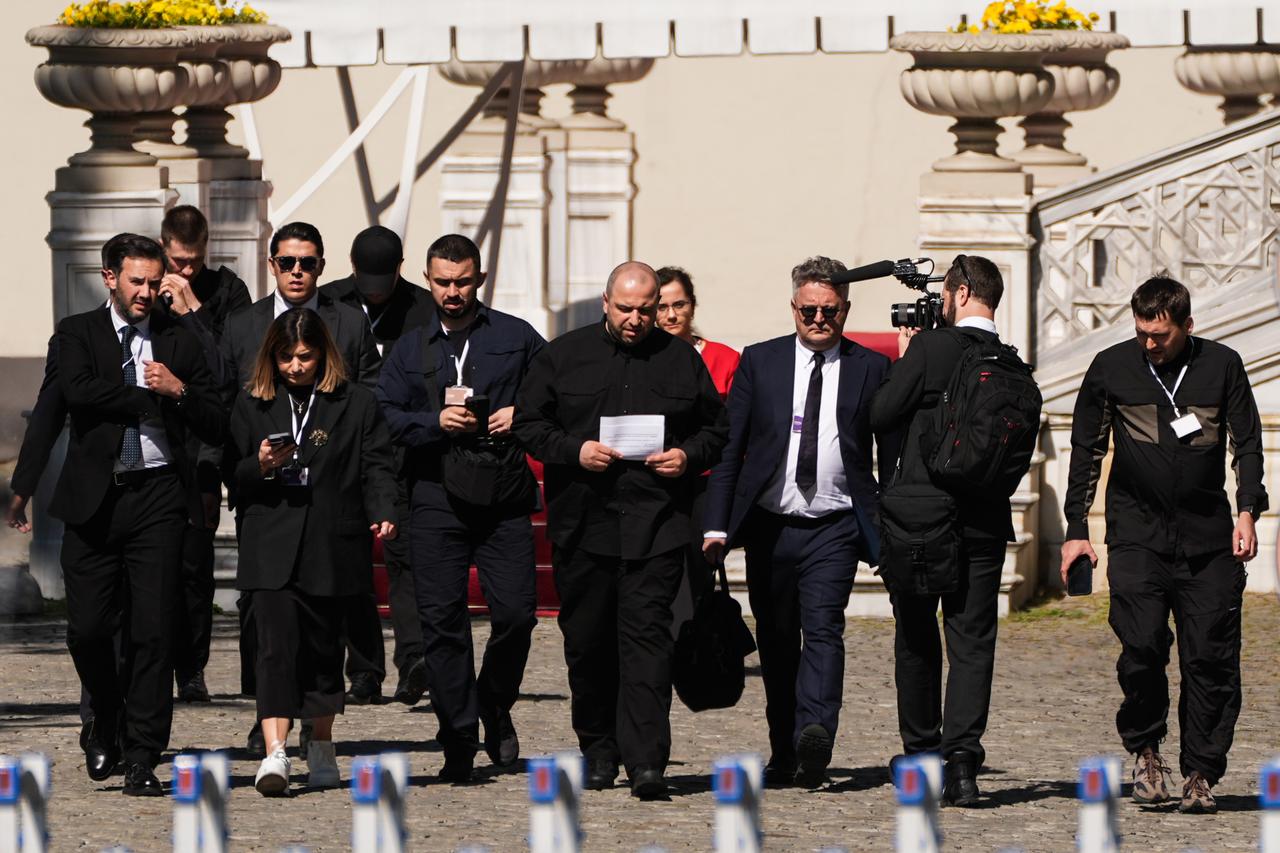
Foreign Minister Hakan Fidan served as mediator in a meeting between Russian presidential aide Vladimir Medinsky and Ukrainian Defense Minister Rustem Umerov before the general negotiating session began, according to Ukraine's National Security and Defense Council disinformation center.
"The meeting took place in the presence of Fidan, who acted as mediator," the Ukrainian agency stated in a Telegram message, asserting that no "closed agreements" were reached during this meeting.
Media reports indicated that Medinsky and Umerov held talks lasting 2.5 hours before the delegation meetings. Medinsky later confirmed this meeting, noting it played an important role in preparing for the general negotiating session.
A correspondent from Russia's state broadcaster reported that the meeting took place in Fidan's presence, highlighting Türkiye's active mediating role in facilitating dialogue between the warring parties.
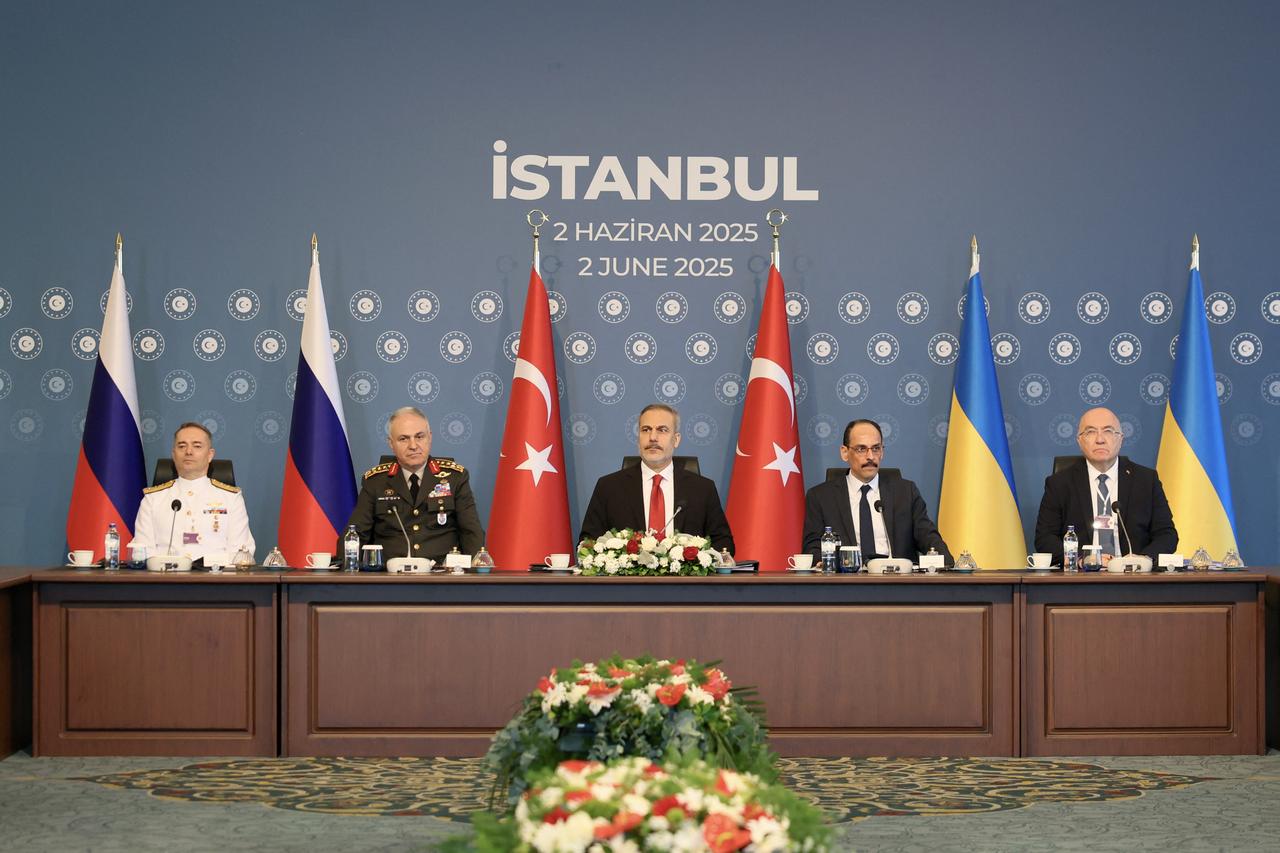
While specific timelines for implementing the Istanbul agreements remain unclear, Peskov's assurance that "these agreements will be implemented" suggests concrete follow-up actions are expected, particularly regarding the prisoner exchanges and body transfers.
The humanitarian focus of the agreements—involving prisoner exchanges, body returns, and missing children—represents practical steps that could build confidence for broader negotiations, even as fundamental political issues remain unresolved.